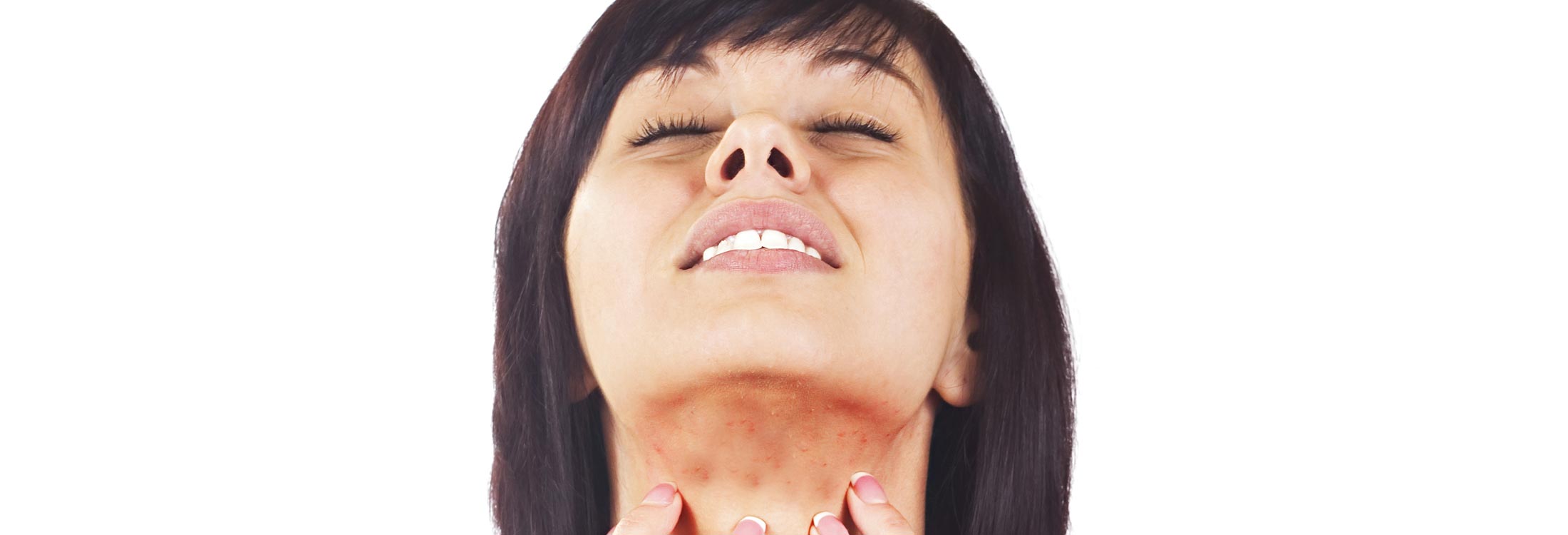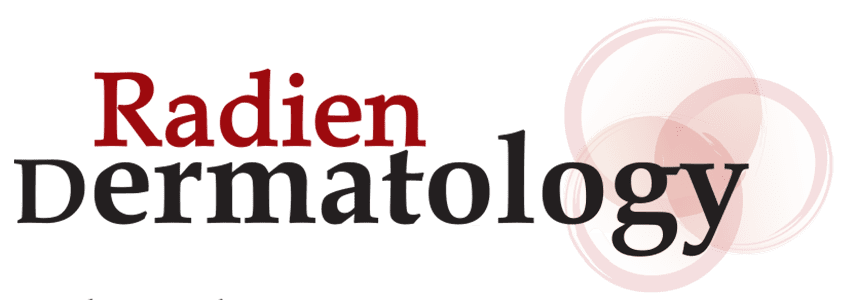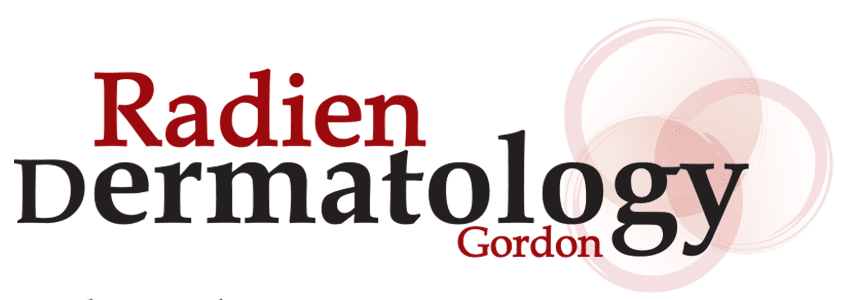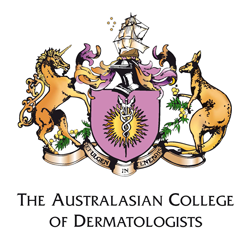
Atopic Eczema [also known as Atopic Dermatitis or just Eczema] is a very common dry skin condition that is often inherited. A patient with eczema can also have a personal or family history of hayfever or asthma, a situation that we call Atopy [thus the name Atopic Eczema]. Atopic diseases are likely to represent an over-active immune system leading to disease.
One theory to the cause of eczema is that affected patients are missing an important molecule in the skin that forms part of the normal protective oily barrier. Thus they are born with a life-long tendency to a very dry, irritable skin. Having no barrier means the skin becomes easily enflamed, leading to eczema. Also, allergens can enter and set up an allergic tendency. The key to managing eczema is to repair and replace this barrier with regular moisturizing.
Eczema can affect any part of the skin. Infants often have it on the outside of the arms and legs, and if there are starting to learn to feed themselves irritation from foods and saliva can give kids facial eczema. Older kids and adults typically are affected on the skin folds at the elbows and knees. The eyelids, scalp, trunk, hands and feet can also be affected in some cases.
Some people grow out of their eczema, whilst others tend to have it throughout life and simply learn to cope well with it. Remember that the tendency to a dry, irritable skin is always there and that given the right conditions even an adult who has outgrown their childhood disease can still get patches of eczema.
How do we treat Eczema?
There are things that can irritate the skin and make eczema worse, so it is best to avoid these things as much as possible:
- Rough clothing and fabrics, wool, synthetic fabrics that looks like wool, carpets, blankets, car seat covers, car baby capsule/seat fabrics [remember other people’s clothing rubbing on a baby also]
- Sand [avoid playing in sandpits and always rinse off before putting on clothes after a day at the beach!]
- Anything soapy or bubbly, for example: bar soap, body washes, shower gels, shampoo, bubble bath, facial scrubs, detergents, washing up liquid
- Hot water, long showers and baths
The most important part of treating eczema is applying lots of moisturiser. This will help prevent the itchy patches from starting up and relieve any early itching. Always use creams that come from tubs and tubes, they work better than lotions that come out of pump-packs and squeeze bottles. Moisturiser should be applied liberally all over the body several times a day as a routine, and whenever the skin feels dry. Also, patients should always moisturise after a shower or bath.
Long, hot showers and baths should be avoided. Though soothing at the time, hot, soapy conditions will worsen the already irritated skin. Skipping a wash is entirely acceptable. Non-soap cleansers
[or soap alternatives]
are best. Babies needing baths should always have bath oil added to the tepid bath water. Showers should have cool/tepid water and should never last more than a few minutes; patients should limit themselves to only one shower a day.
Creams, lotions, potions and other treatments
When eczema flares, it is often necessary to use some steroid creams to settle down the disease. There are various strengths available that are suitable for different body parts and severity of the disease. Your doctor may prescribe different creams for different parts of the body. When used properly and for short periods, steroid creams rarely cause side effects and are vital in calming down a flare. Moisturiser should be applied before the steroids, but ensure that it is fully absorbed before the steroids go on. Contrary to popular belief, the moisturizer does not form a barrier, but rather enhances the action of the treatment cream.
Antibiotics are useful if there is infection; both the eczema and infection need to be treated at the same time for infected eczema to settle down properly.
Severe eczema may need admission to hospital or wet bandaging [wet dressings]. Widespread disease may benefit from specialized ultraviolet light treatment several times a week. Very severe, long-term disease may also need oral tablet medication that suppresses the immune system to settle down the disease. Most patients do not need these treatments.
Your general practitioner would be equipped to manage typical forms of eczema. More complex or unresponsive disease may need the help of a dermatologist. At Radien Dermatology Gordon, all our dermatologists are experienced in the management of severe atopic eczema. Furthermore, we have a specific paediatric dermatologist who can help with children with severe eczema. Please discuss your needs with your general practitioner.


